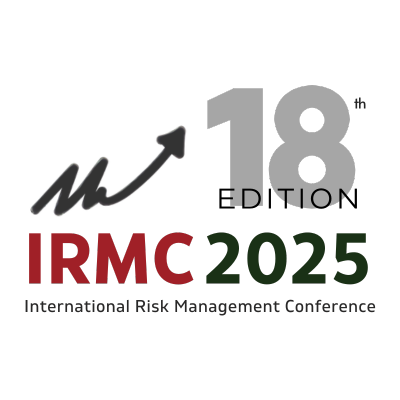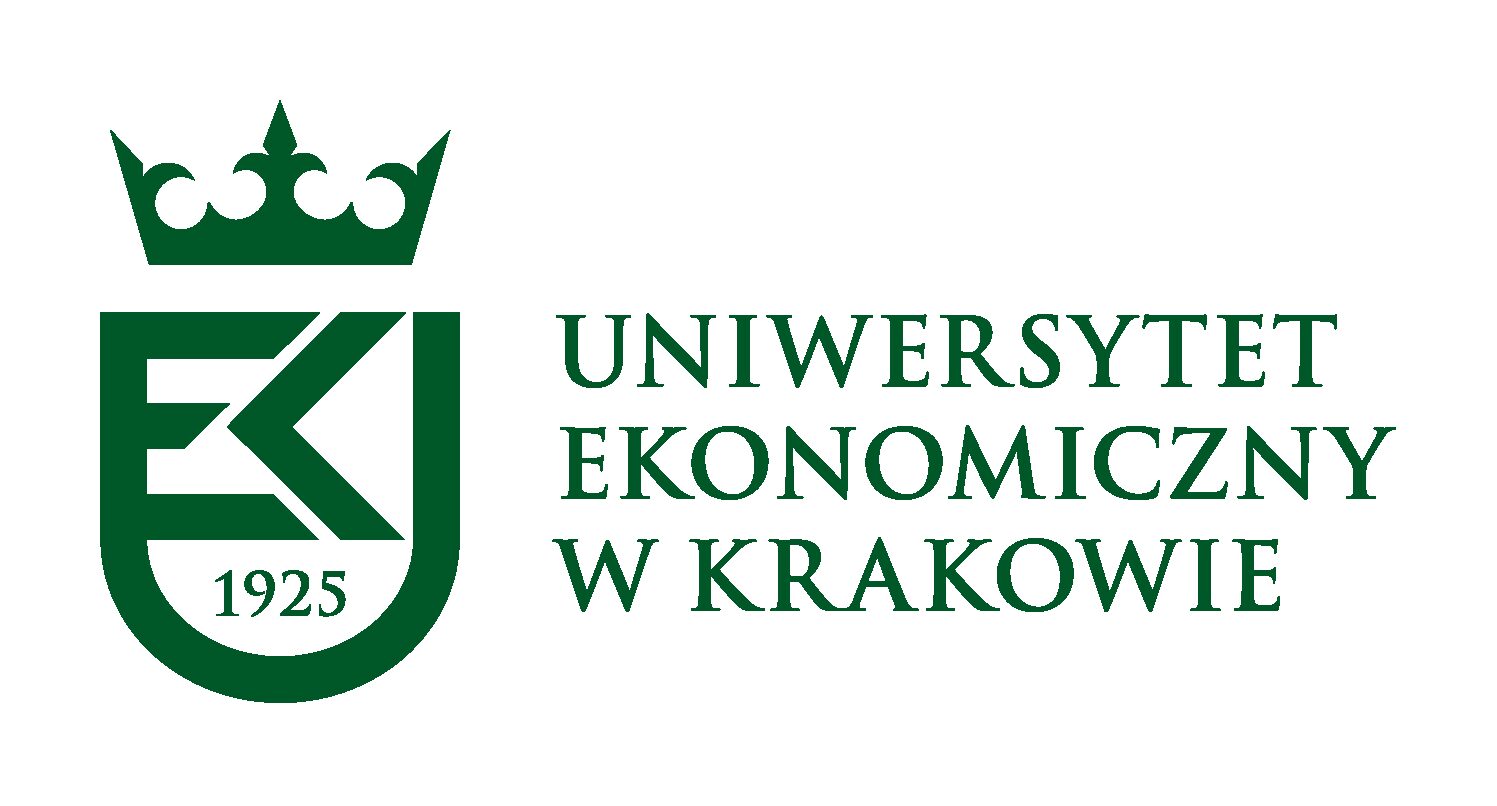
- Home
- IRMC
- About The Conference
- Conference Topics
- Call for Papers
- Keynotes & Featured Speakers
- Best Paper Awards IRMC2025
- IRMC Best Paper Awards – WINNERS
- Conference Fees
- Conference Fees 2025
- Paper Submission
- Past Conferences
- Keynotes & Featured Speakers IRMC2023 – Florence, Italy
- Keynotes & Featured Speakers IRMC2022 – Bari, Italy
- Keynotes & Featured Speakers IRMC2021 – Cagliari, Italy
- Keynote & Featured Speakers IRMC2020 – Virtual conference, online
- Keynote & Featured Speakers IRMC2019 – Milan, Italy
- Keynote & Featured Speakers IRMC 2018 – Paris, France
- Keynote & Featured Speakers, IRMC 2017 – Florence, Italy
- Keynote Speakers, IRMC 2016 – Jerusalem, Israel
- Conference Program
- Registration 2025
- Organizers
- Publications
- Travel & Lodging
- Plenary Online Registration
Co-organizers IRMC??
International Risk Management Conference
Cracow University of Economics rests its foundations on the Municipality School of Commerce, founded in Krakow in 1882, to prepare young adepts for the future trade career. Later on, in 1896 it was turned into the College of Commerce, which was not a university in the present understanding. After the World War I in 1924, the Commodity Science Institute was established, with a two-year commodity study and on its basis, as a third of its kind in Poland, a private university with an economic profile was established. May 25th, 1925 marks this event and October 1st, 1925 was a day when the first academic year officially commenced. On September 1st, 1938, the Higher Commercial College was classified as an academic school. However, after the Nazi invasion in 1939, the university was closed and its professors – along with the professors of the Jagiellonian University and the Mining Academy – were deceitfully arrested and taken to a concentration camp. After the liberation from the German occupation in 1945, the Academy of Commerce resumed its activities, enjoying the influx of numerous candidates wishing to read for a master’s degree in economics and trade.
Since then the University has been going throughout major changes, it developed: the number of students increased, new teaching buildings were commissioned, and the IT equipment was introduced. In 1974, it changed the name into the Academy of Economics, and in 1975 the 50th anniversary of its foundation was celebrated. The political and economic transformation of the 1990s was an impetus for further growth. It offers various study programs in Polish and in English, including both full-time and part-time study in the educational cycle I, II and III as well as a wide range of post-graduate courses. It is worth to note that it has about 200 partners from all over the world and it is a member of various prestigious international organizations, such as inter alia European University Association, Network of International Business and Economic Schools.
In addition to teaching, scientific and research activities are the University’s principal functions. Professors and researchers carry out scientific research not only in the field of economics, but also in technical, biological, and chemical sciences as well as the humanities. Scholars of the Cracow University of Economics conduct both fundamental and applied research financed by national and international funding. The University faculty members are active in international research supported by the EU funds and institutions, such as the EU’s 5th, 6th, 7th Framework Programmes and Horizon 2020. As a result of the higher education reform of 2019 the University re-organized its structure, diminishing the previously dominant faculty division. Since October 1st, 2019, the University is divided into three colleges, such as the College of Economics, Finance and Law, the College of Management and Quality as well as the College of Economy and Public Administration.
The College of Economics, Finance and Law has four teaching institutes, which include economics, finance, law and quantitative studies in social science. The conference is being organized by the staff of the Institute of Economics and Institute of Finance.

The Joint Research Centre (JRC) is the European Commission’s in house science service which employs scientists to carry out research in order to provide independent scientific advice and support to EU policy.